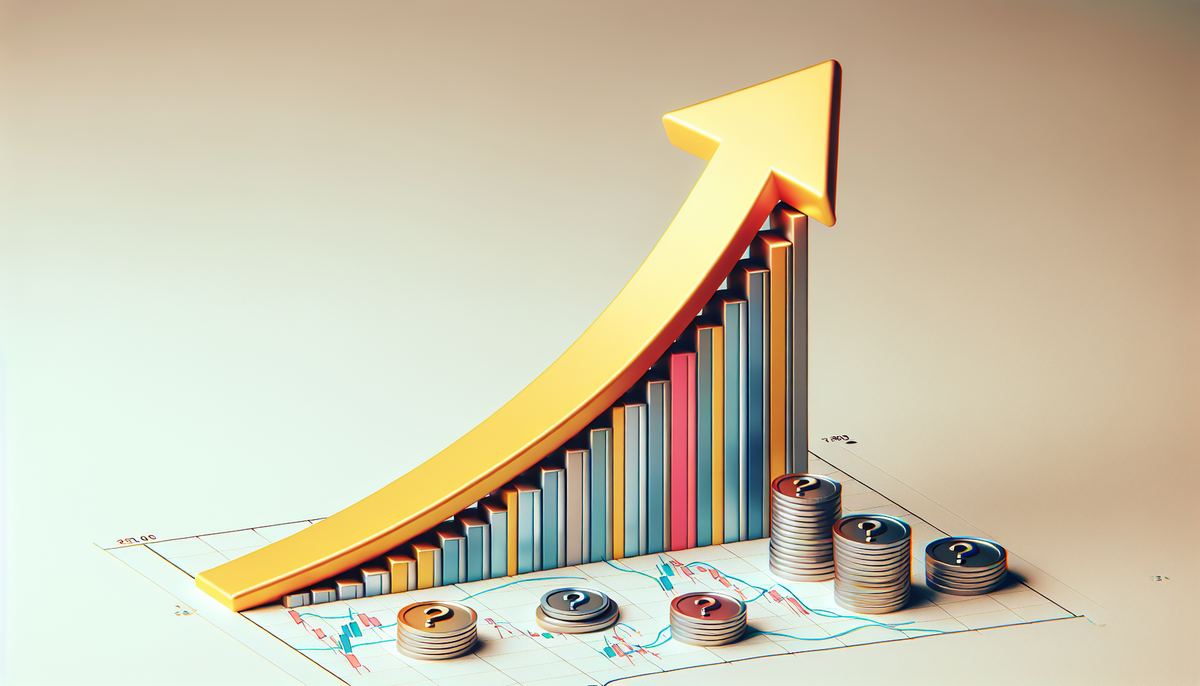Published
5 years ago on
October 01, 2018
Hot Topics
Innovative Crypto Is Backed By Gold, Platinum, 5 Other Metals
The most revolutionary invention in modern finance is being celebrated this week by cryptocurrency fans for its 10th-year anniversary. “Bitcoin Art (r)evolution” is a crypto-art exhibition in Paris that lasts through the first week of October and it showcases Bitcoin (BTC) inspired artistry from contributors all …

Altcoins
April 25, 2024
Here's Why BONK and PEPE Outperformed Other Top Meme Coins This Week and Whales Are Buying Dogeverse

Altcoins
April 25, 2024
Altcoins - buy or sell?

Breaking News
April 25, 2024




